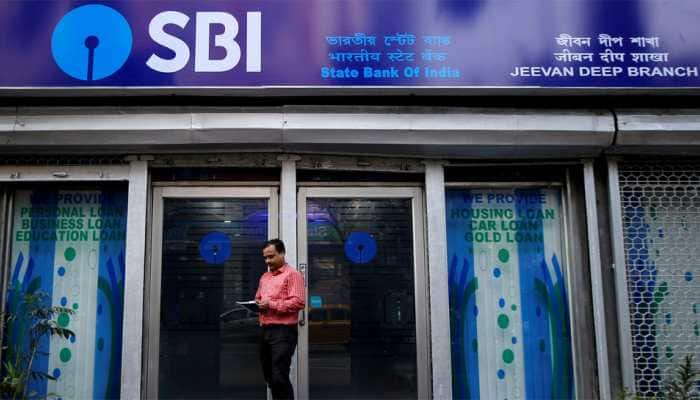'Twitter could have predicted Brexit vote outcome'
The outcome of the Brexit vote could have been predicted by analysing tweets during the five months preceding the historic vote, a first-of-its-kind study has found.
Trending Photos
)
London: The outcome of the Brexit vote could have been predicted by analysing tweets during the five months preceding the historic vote, a first-of-its-kind study has found.
Researchers from the University of Surrey in the UK examined 18,000 tweets posted by the three main campaign groups, 'Stronger In', 'Vote Leave' and 'Leave.EU'.
'Vote Leave' focused on economic arguments against the European Union, while 'Leave.EU' highlighted immigration- related issues.
"The outcome of the Brexit vote on June 22, 2016 would not have been as shocking had more attention been paid to what was happening on Twitter," said Simon Usherwood from the University of Surrey.
Researchers discovered that the Leave campaign (Vote Leave and Leave.EU) continually outperformed their rival in disseminating their online messages and presenting themselves as agenda setters compared to the official Remain campaign (Stronger In) which delivered a sporadic, inflexible online strategy.
They found that the Remain campaign was marginally more likely to make negative comments about its opponents.
This confused approach is further reinforced when examining the language used in the tweets.
The most commonly used word used in Stronger In's campaign was 'leaving', well in excess of its use by either Leave group.
Similarly the term 'Brexit' was mentioned more by Stronger In than the official Leave campaign (Vote Leave).
This highlights the extent to which the campaign was fought on Leave's terms, rather than building a different set of references to frame the debate, researchers said.
The examination of Twitter also showed that Stronger In was disadvantaged by the then UK Prime Minister David Cameron's decision to try and avoid becoming the central figure of the campaign.
While the official Remain campaign rarely mentioned him, both Leave campaigns made much of his words and actions, calling into question his competence and ability and reminding voters that a Leave vote would also hurt his government.
The Leave groups were able to capitalise on an established social media network of anti-EU campaigners helping to publicise its messages to a wider audience, which undoubtedly disadvantaged Stronger In, researchers said.
During the Brexit campaign, both Leave groups attracted substantially more Twitter followers than the official Remain campaign.
For example, on the polling day Leave.EU had nearly 50,000 more Twitter followers than Stronger In, while Vote Leave had 20,000 more.
Although the Leave campaign had a significant advantage in being able to mobilise an already extensive social media network, Stronger In's failure to build as extensive an online following showcases the shortcomings in attracting new followers and successfully spreading its message on Twitter.
Stay informed on all the latest news, real-time breaking news updates, and follow all the important headlines in india news and world News on Zee News.
Live Tv







)
)
)
)
)
)
)
)
)
)
